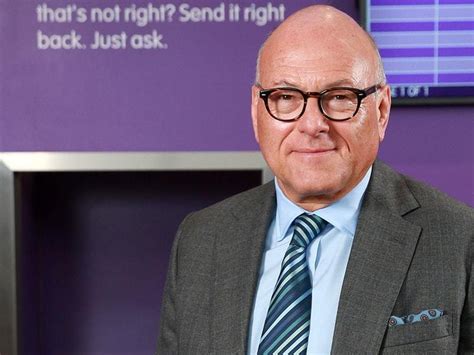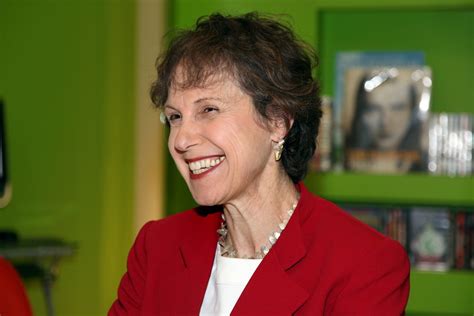A Quote by Urjit Patel
The RBI is interacting with the banks every day.
Quote Topics
Related Quotes
In my view, this is not extremism on the left. This is what the American people support in poll after poll. Support the right to a job. Support living wages. Support real climate action. Support small community-based banks that make loans available to every day people and small businesses, not these too-big-to-fail banks that rip us off, that crash the economy at taxpayer expense. Support a public-option healthcare system, not Obamacare, which has been a boondoggle for insurance and pharmaceutical companies.
Financial institutions have been merging into a smaller number of very large banks. Almost all banks are interrelated. So the financial ecology is swelling into gigantic, incestuous, bureaucratic banks-when one fails, they all fall. We have moved from a diversified ecology of small banks, with varied lending policies, to a more homogeneous framework of firms that all resemble one another. True, we now have fewer failures, but when they occur... I shiver at the thought.





































